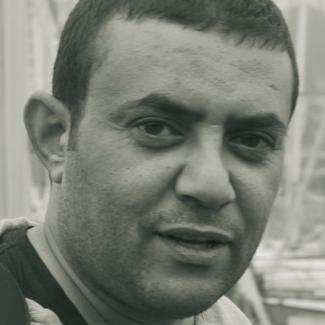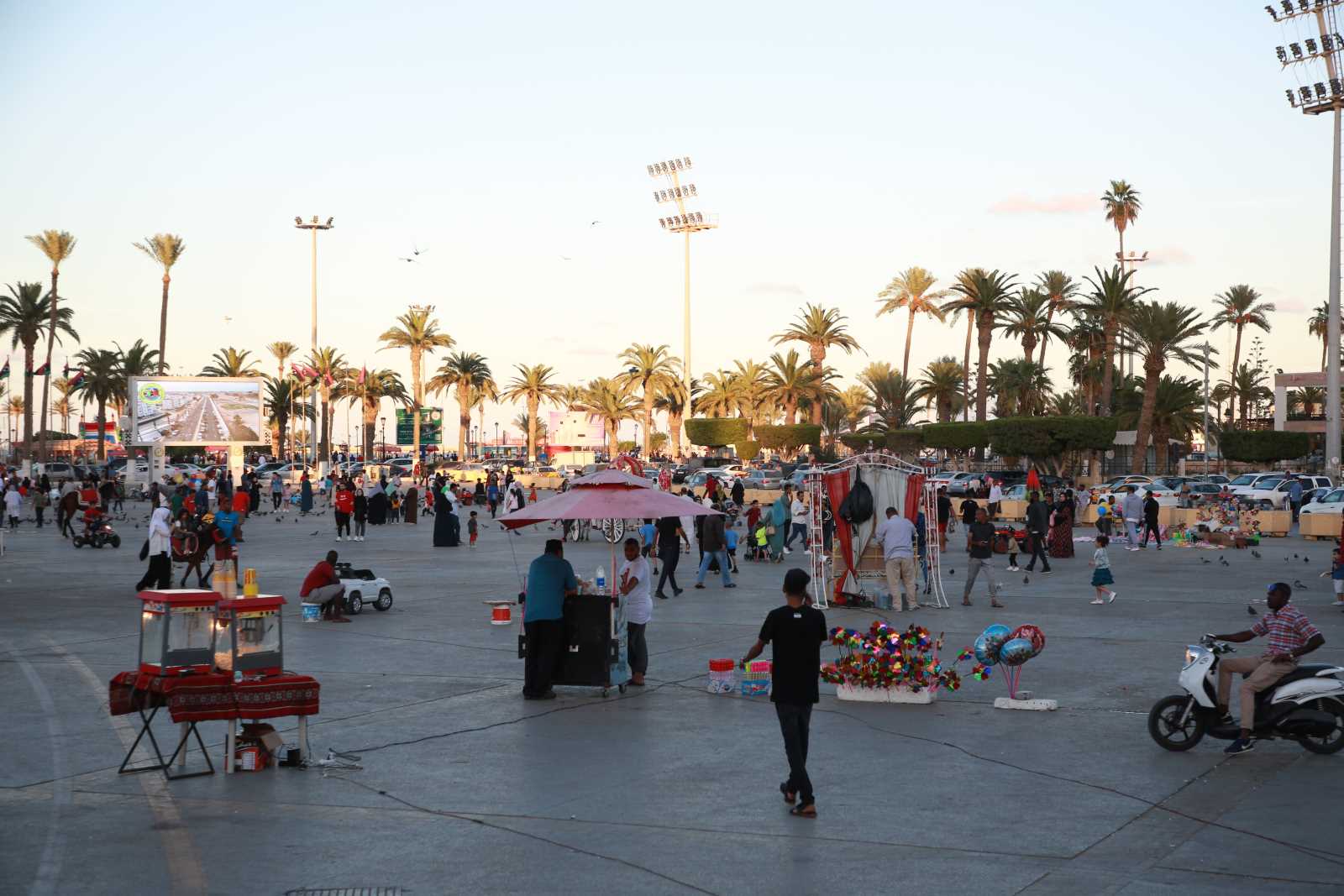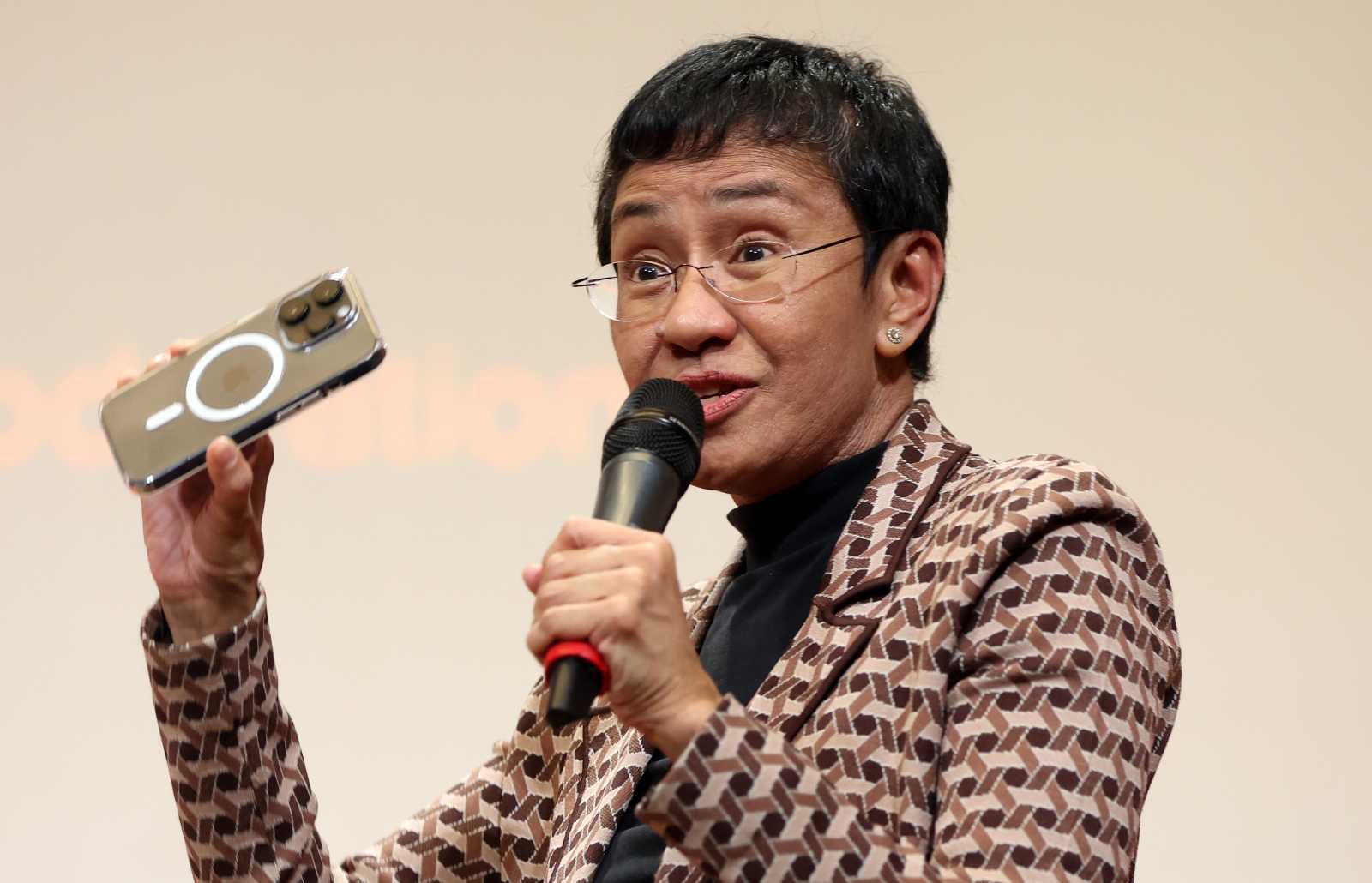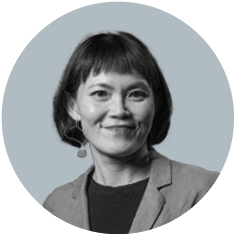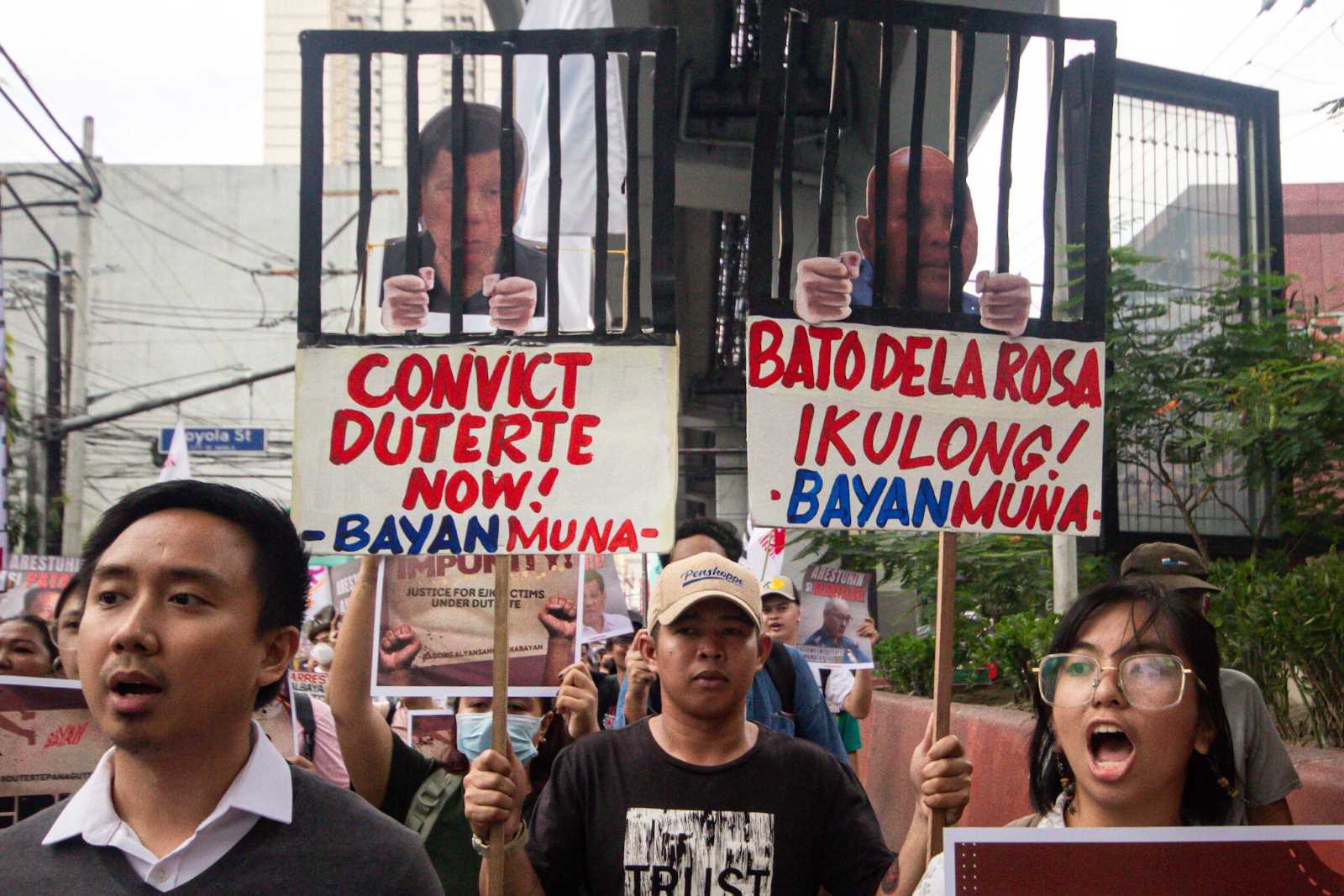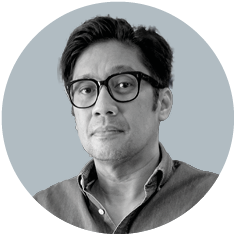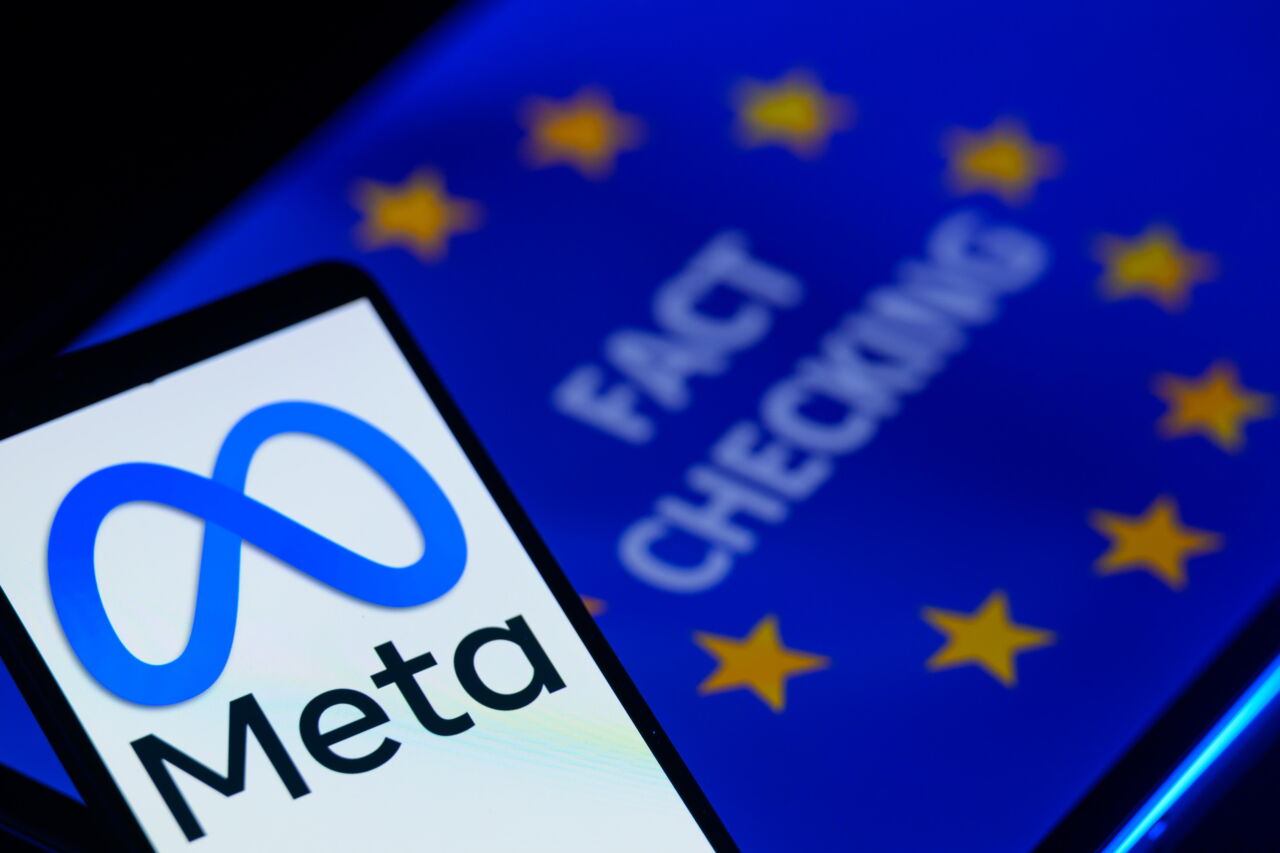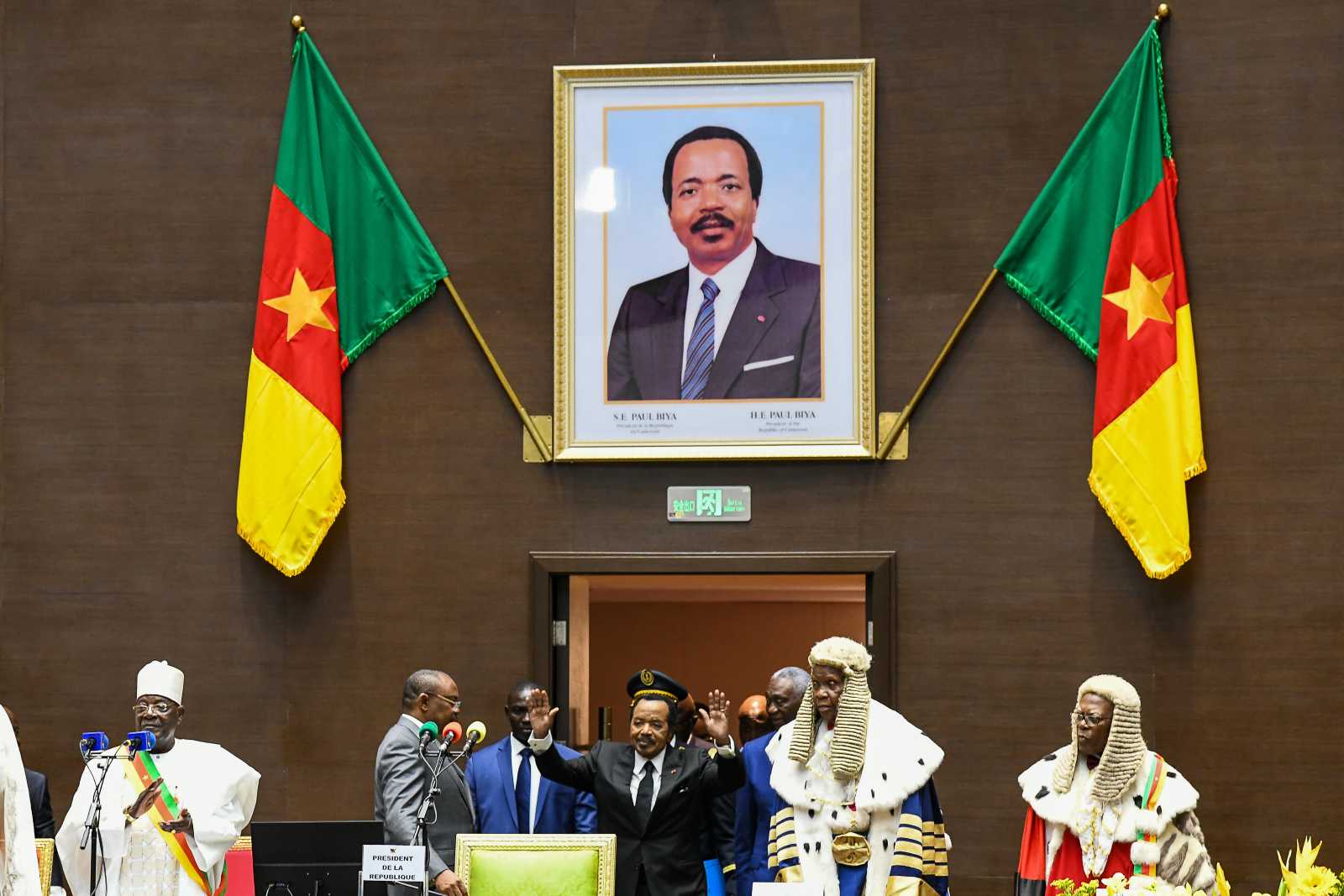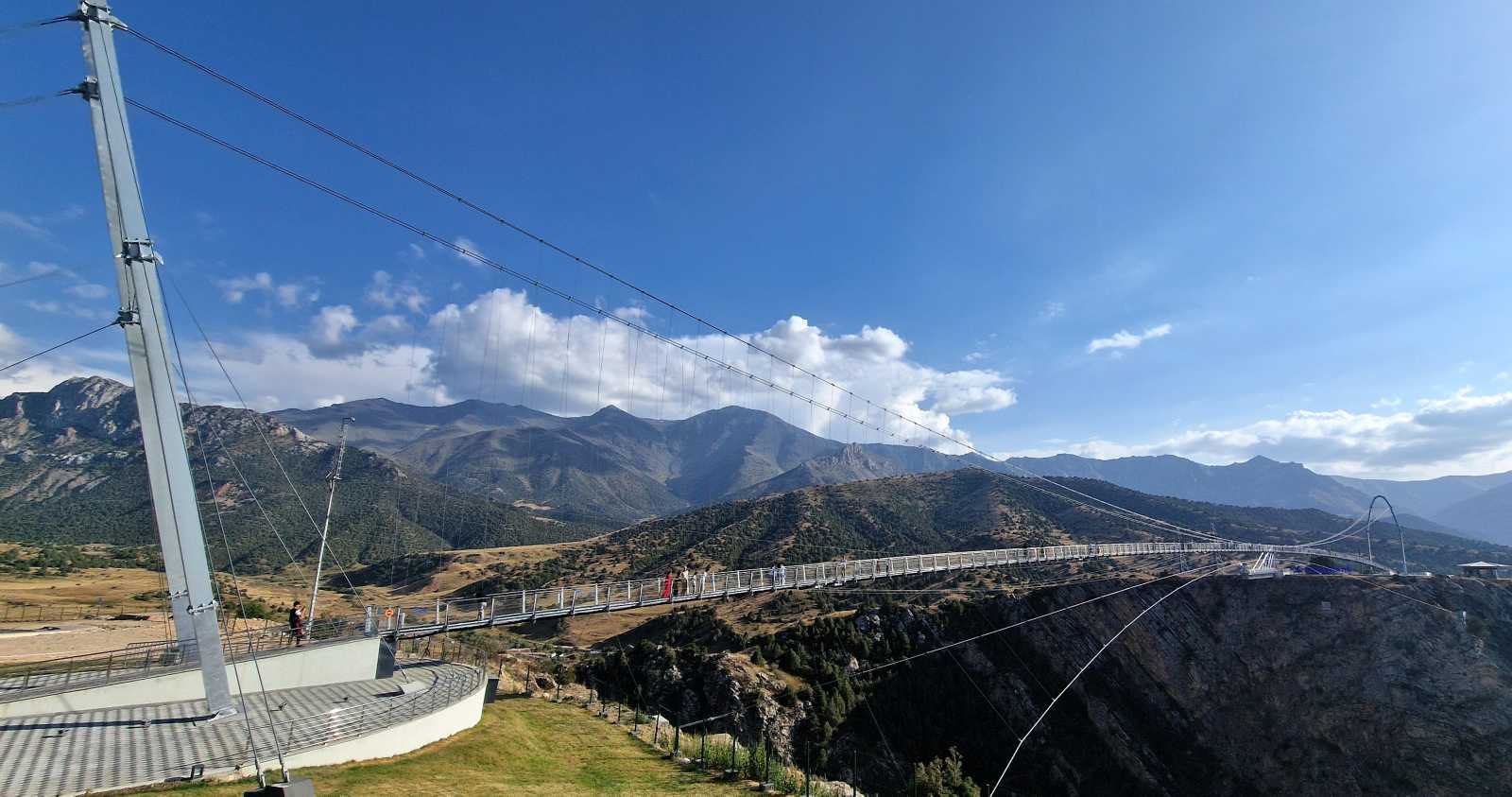Press freedom
Why Libya is a “black hole” of information
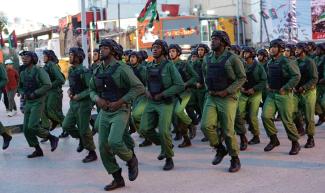
Two governments have been competing for power in Libya since March 2022: the internationally recognised Government of National Unity (GNU), based in Tripoli, which controls parts of western Libya, and the Government of National Stability (GNS) in Benghazi in the east of the country. Libya’s deep political divisions have a significant impact on press freedom in the country. Many media professionals have left Libya. Those who remain have either taken sides in the conflict or are under the control of one of the two camps. There is a lack of free, independent reporting.
The civil-society organisation Reporters Without Borders (RSF) calls Libya a “true information black hole” and ranks the country 137th out of 180 in its latest World Press Freedom Index. According to RSF, journalists have been the target of intimidation and physical violence for years, even though the situation seems to have improved since the end of the civil war. Both in the east and the west of the country, those in power have succeeded, via their armed factions, in instilling fear among journalists and have ended up eliminating media independence in Libya, RSF states.
The media as a tool of the powerful
“As a Libyan journalist, I am very concerned about the continuous deterioration of media in the country,” says freelance journalist Eman Ben Amer. Amid the unstable political situation, she believes the media has become a tool of the rich and powerful. According to Ben Amer, the people of Libya have lost trust in the media due to rampant disinformation and the lack of laws protecting journalists and media independence.
RSF, too, bemoans the fact that no authority or law in Libya guarantees media pluralism, transparency or access to information. Socially relevant issues are neglected in the Libyan media – especially the perspectives of young people, who have turned to social media platforms that promote radicalisation and hatred.
The spread of misinformation
It is striking that the political sides in their media battles are increasingly relying on “bloggers and mercenaries of electronic armies” rather than traditional media, says freelance journalist Majd Gannud. Many social-media bloggers spread false information that serves the interests of the conflict parties and in no way meets ethical journalistic standards, Gannud says.
Freelance journalist Rabiha Habas said that although Libyan journalists had media cards, they were unable to do their work on the ground. “This is not due to a lack of passion or efficiency,” she said. Rather, they are being exploited by influential individuals for their own short-term interests. At least foreign journalists and Libyan media professionals working from abroad were covering important political issues, Habas said.
The situation is not likely to improve in the foreseeable future. The political, economic and security situation remains critical for the population. Violence erupts repeatedly at the local level. Although it is clear that elections are to be held, there is still no agreement on the exact circumstances under which they will take place.
“The international community must come together to collaborate on a unified plan to support a democratic state that addresses the Libyan people’s fundamental needs and aspirations, fosters economic growth and equitable development,” said Hanna Tetteh, Special Representative of the UN Secretary-General for Libya. She emphasises that the oil-rich country has sufficient resources to guarantee the safety and well-being of its citizens.
Links
Reporters Without Borders (RSF), 2025: World Press Freedom Index.
https://rsf.org/en/index
RSF, Libya:
https://rsf.org/en/country/libya
Moutaz Ali is a journalist based in Tripoli, Libya.
ali.moutaz77@gmail.com
